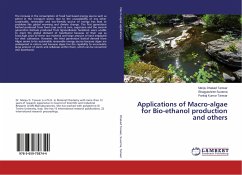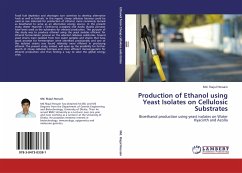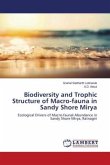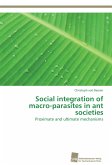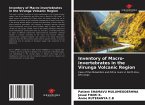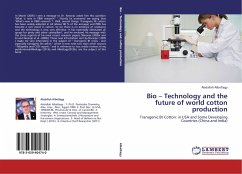The increase in the consumption of fossil fuel based energy source such as petrol in the transport sector, due to the unavailability of any other sustainable, renewable and eco-friendly source of energy has lead to problems like global warming and climate change. The first generation biofuel produced from food crop such as corn, sugarcane and the second generation biofuels produced from lignocellulosic feedstock were unable to meet the global demand of bioethanol because of their use as food,high price of these raw material and large amount of land employed for their cultivation. However, the third generation biofuel derived from Algae seems to be sustainable renewable energy source because algae are widespread in nature and because algae has the capability to accumulate large amount of starch and celluloses within them, which can be converted into bioethanol.
Bitte wählen Sie Ihr Anliegen aus.
Rechnungen
Retourenschein anfordern
Bestellstatus
Storno

